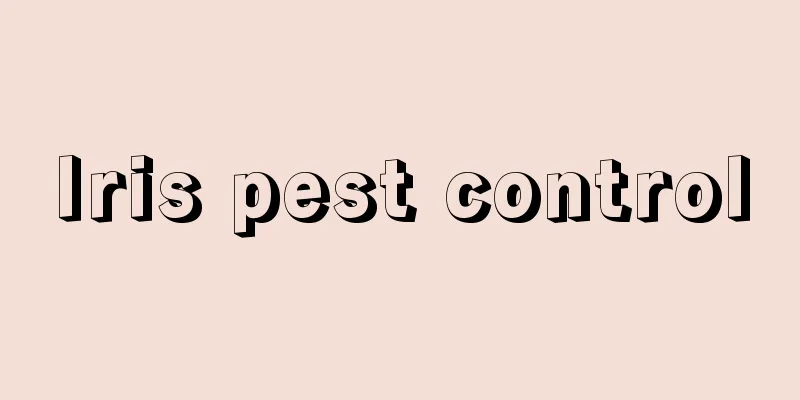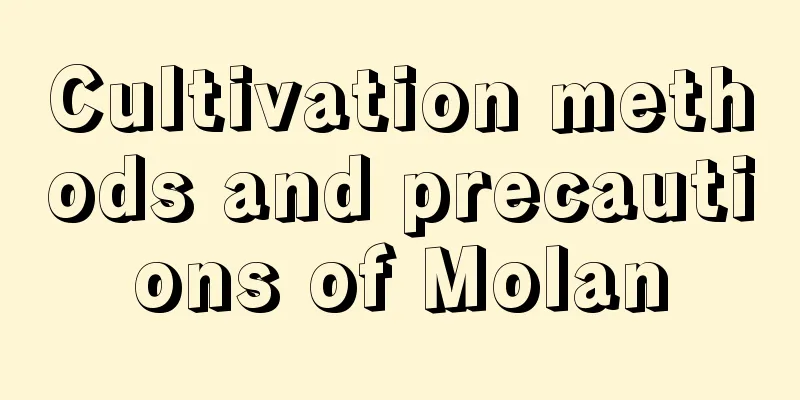Iris pest control

ScarabharmWhen the soil is dry during the seedling stage of iris, it is very easy to be infested by beetles, which damage the roots and rhizomes. There are two common types: Northeastern black-gilled beetle: The larvae are milky white, 35 to 45 mm long, with a shiny reddish-brown head. Green beetle: The larvae are milky white, plump, with a "C"-shaped abdomen and brown spots on the head. PreventionGardening control: use the phototaxis of adult insects to catch and kill them, and deep plow the soil. Apply sufficient basal fertilizer to reduce egg laying by adult insects. Drug control: Spray dichlorvos powder, or mix chlorpyrifos granules with fine soil, sprinkle evenly in the potting soil, and turn the soil to check and kill. Belamcanda borerharmIn early April, the eggs begin to hatch after the insects overwinter. In May, the larvae appear and damage the above-ground parts. In June, they attack the rhizomes. It mainly harms leaf tips, stems, pedicels, and young heart leaves, and in severe cases causes the plant to wilt. PreventionTo nip the pests in the bud, May is the best time to spray. Spray 2000 times phosphamide emulsifiable concentrate or 1200 times diazinon solution. You can also use hormones to artificially kill the larvae according to their appearance patterns. snailsharmSnails are often active in the evening or morning, sucking on leaves, flowers and rhizomes, causing damage to stems and leaves, and even biting off seedlings. Plants are more susceptible to damage by snails when the plants are densely planted, the soil is moist, or the environment is warm and rainy. PreventionSpray 3% lime water to kill. Mix snail enemy with corn flour and sprinkle it on the edge of the pool in the evening. Artificial hunting is carried out in the early morning or evening on rainy days. |
>>: Prevention and control methods of major diseases and pests of mint
Recommend
How to cultivate glass jade
Glass Jade Growth Conditions Glass Jade prefers a...
How to care for Roca succulents? How to grow Roca succulents
When the Roca succulent is in good condition, it ...
Succulent leaf cutting video: Use plastic bottles to quickly root
Succulent leaf cutting rooting video Method of ro...
The difference between Golden Heart Chlorophytum and Golden Edge Chlorophytum
1. Leaf Difference The leaves of the golden heart...
How to identify bear's paw
1. Appearance Bear's Paw is a perennial succu...
What are the methods of raising pigs?
my country is the world's largest pig-raising...
How often should blueberries be watered?
How often should blueberries be watered? Blueberr...
You can tell whether the flowers you grow are shade-tolerant by looking at their leaves!
Distinguish by leaf shape 1. Most of the trees wi...
How to fertilize and water lilies correctly (how to fertilize them to make them grow well and bloom)
Lilies are commonly grown in households. They are...
What is the effect of monk fruit? Can it relieve cough?
1. Function 1. Medicinal effects: Monk fruit is r...
When is the best time to repot Monstera
Monstera repotting time Generally, the newly purc...
How to grow osmanthus trees
1. Breeding environment 1. Light: It is a long-da...
Can I water the Kalanchoe when it is blooming?
Watering Kalanchoe Kalanchoe likes a slightly hum...
Characteristics of Chlorophytum
1. Appearance characteristics The leaves of spide...
How many kilograms of cantaloupe are usually produced per mu? How to plant cantaloupe to achieve high yield?
Muskmelon yield per mu Muskmelon is a fruit that ...









